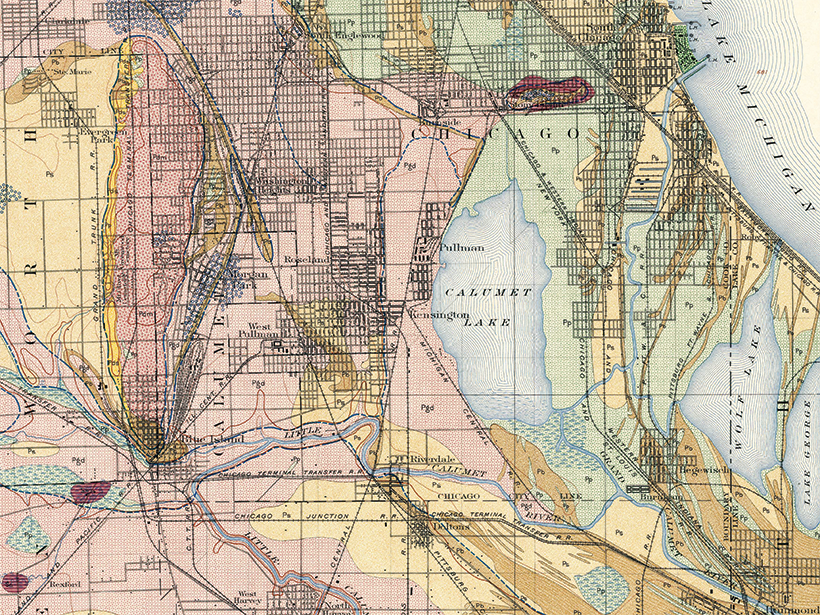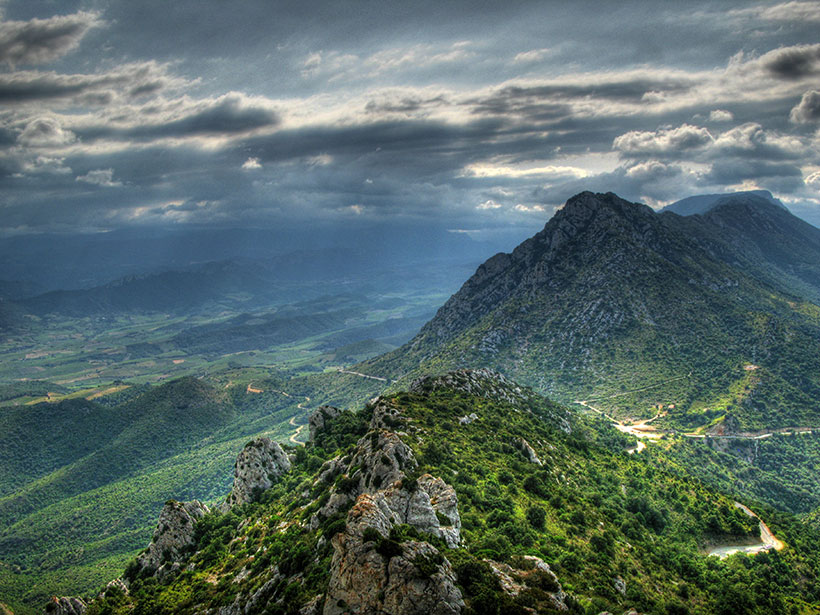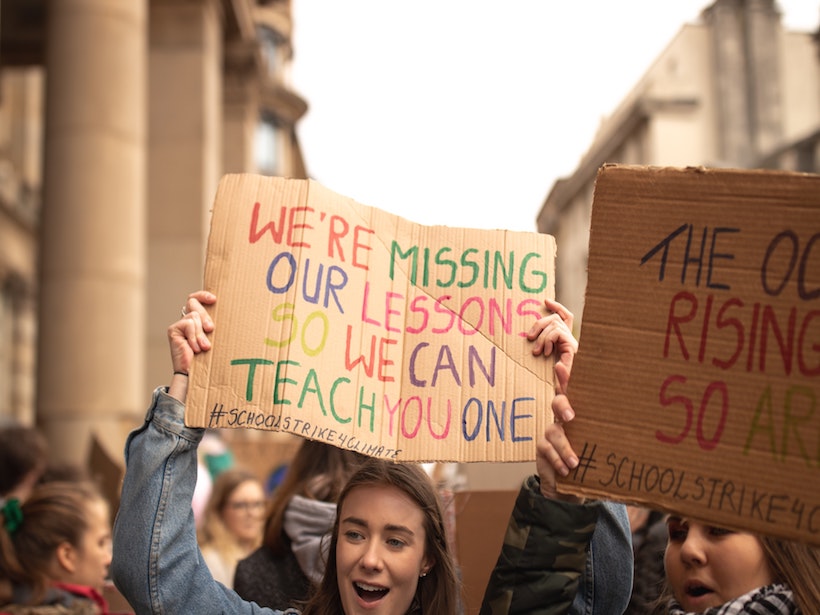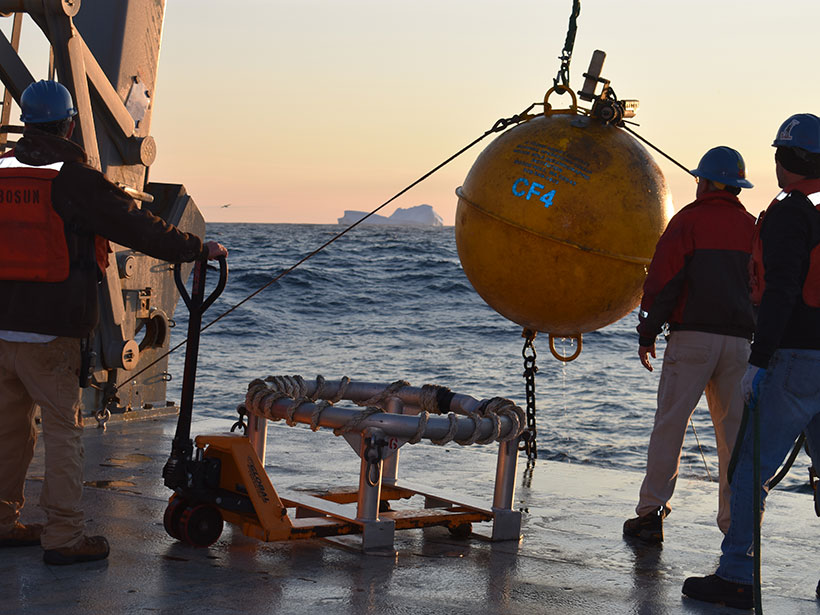In October, Eos examines a pivotal point for a field of science that’s starting to make a name for itself.
AGU 2020
Records and Risks of Legacy Phosphorus in Streams
A new study quantifies persistent phosphorus in a drainage basin in Sweden and points out risks and oversights to factor in to future stream management.
Chicago Wetlands Shrank by 40% During the 20th Century
A team of graduate students measured wetland and biodiversity changes during the 100 years following the reversal of the Chicago River.
Regional Sensitivities Strongly Affect Modeled Climate Extremes
Analysis of temperature and precipitation extremes in two generations of CMIP climate models revealed similarities in regional climate sensitivities, contrasting with divergent global sensitivities.
Most of the Arctic’s Microscopic Algae Are Chilling Under Ice
New research reveals that tiny single-celled organisms in the Arctic Ocean are growing more numerous as climate change thins the ice.
Youth Climate Movement Recalibrates
Sixteen children await a decision from the United Nations on whether their home nations have endangered their rights by not adequately responding to climate change.
Improving Proxy Representations of Ocean Properties
Many oceanic properties are not directly observed but are instead estimated using proxy measurements. A new method uses physics-based correlations to reduce uncertainty in this relationship.
Hesse Receives 2019 Space Weather and Nonlinear Waves and Processes Prize
Michael Hesse received the 2019 Space Weather and Nonlinear Waves and Processes Prize at AGU’s Fall Meeting 2019, held 9–13 December in San Francisco, Calif. The award “recognizes cutting-edge work in the fields of space weather and nonlinear waves and processes from midcareer and senior scientists.”
Austermann Receives 2019 Jason Morgan Early Career Award
Jacqueline Austermann received the 2019 Jason Morgan Early Career Award at AGU’s Fall Meeting 2019, held 9–13 December in San Francisco, Calif. The award is “presented annually to an early career scientist for outstanding and significant contributions to tectonophysics through a combination of research, education, and outreach activities.”
Creasy and Wu Receive 2019 Study of the Earth’s Deep Interior Section Award for Graduate Research
Neala Marie Creasy and Wenbo Wu received the 2019 Study of the Earth’s Deep Interior Section Award for Graduate Research at AGU’s Fall Meeting 2019, held 9–13 December in San Francisco, Calif. The award is given annually for advances that contribute to “the understanding of the deep interior of the Earth or other planetary bodies using a broad range of observational, experimental, or theoretical approaches.”







